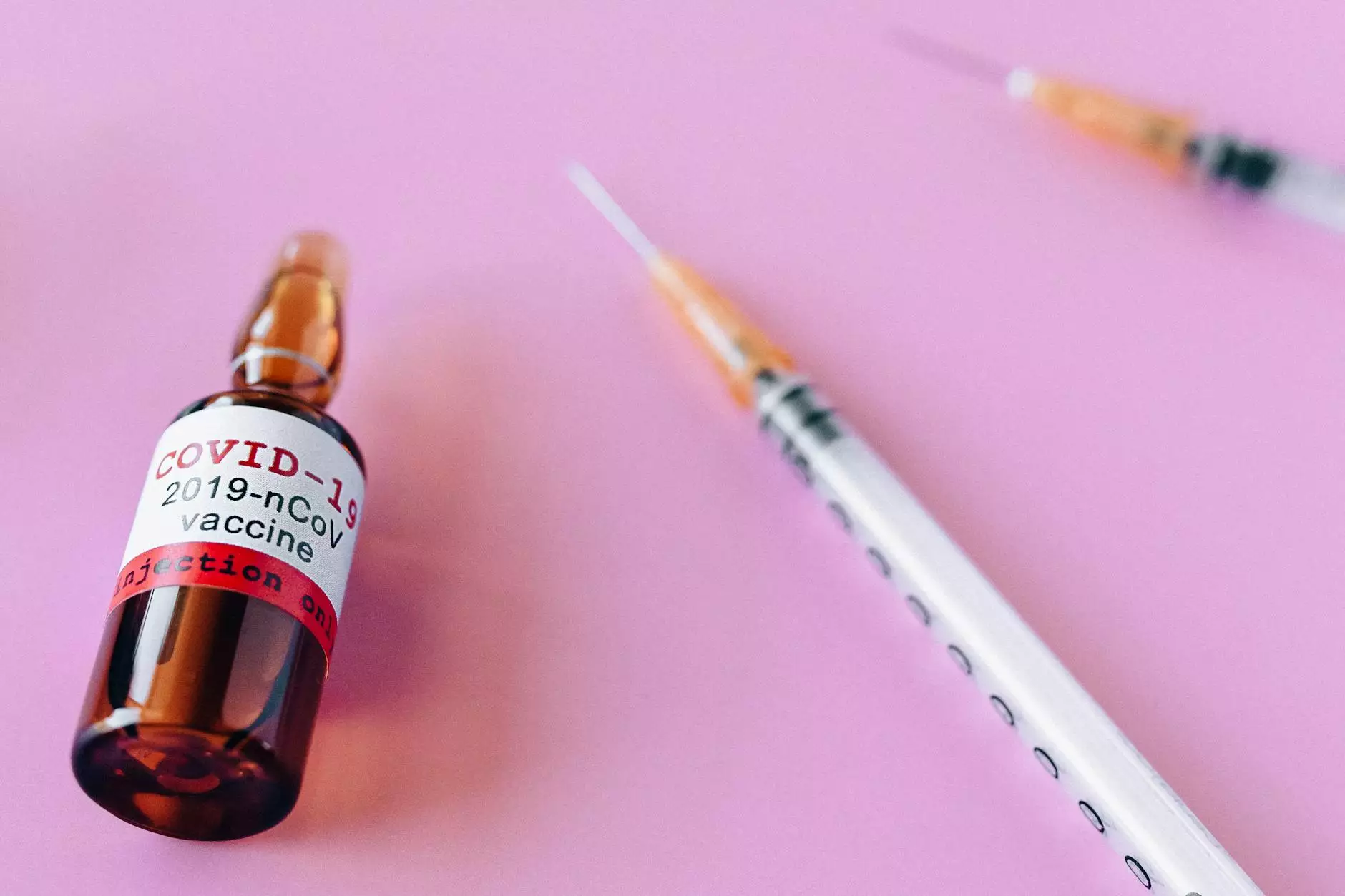Feeling Old Far Too Early—Low Testosterone and Premature Aging
Health
As we age, it's natural for our bodies to go through changes. However, sometimes these changes can occur earlier than expected, leaving us feeling older than we should. One common culprit behind premature aging symptoms is low testosterone. At CHI St. Luke’s Health - Performance Medicine, we understand the impact low testosterone can have on your overall well-being. In this article, we'll delve into the connection between low testosterone and premature aging and discuss effective treatment options to help you regain your vitality.
Understanding Low Testosterone
Testosterone is a hormone that plays a crucial role in numerous bodily functions. It's responsible for maintaining bone density, muscle mass, sex drive, and energy levels. However, as men age, testosterone levels often decline naturally. In some cases, this decline can be more significant, resulting in low testosterone levels. When testosterone levels fall below the normal range, it can lead to a range of symptoms associated with premature aging.
Common Symptoms of Low Testosterone
Low testosterone can manifest in various ways, and the symptoms can differ from person to person. However, some common signs of low testosterone include:
- Decreased energy levels and chronic fatigue
- Loss of muscle mass and increased body fat
- Reduced sex drive and erectile dysfunction
- Depression, irritability, and mood swings
- Difficulty concentrating and memory problems
- Thinning hair and brittle nails
If you're experiencing one or more of these symptoms, it's important to consult with a qualified healthcare professional who specializes in men's health. They can assess your hormone levels and provide a comprehensive understanding of your situation.
The Link Between Low Testosterone and Premature Aging
Research has shown a clear connection between low testosterone and premature aging. When testosterone levels dip, it can accelerate the aging process and contribute to a range of age-related conditions. One primary reason for this is the role testosterone plays in maintaining muscle mass and bone density. As testosterone decreases, muscle mass decreases and can be replaced by fat. This change can lead to decreased strength, mobility issues, and an increased risk of osteoporosis and fractures.
Additionally, low testosterone levels can impact cognitive function. Studies suggest that testosterone plays a role in maintaining optimal brain health, including memory, focus, and attention. Individuals with low testosterone may experience cognitive decline, difficulty concentrating, and an overall reduction in cognitive abilities, which are often associated with aging.
Effective Treatment Options for Low Testosterone
Fortunately, there are effective treatment options available for individuals with low testosterone. At CHI St. Luke’s Health - Performance Medicine, our team of experienced healthcare professionals specializes in diagnosing and managing hormonal imbalances, including low testosterone. Based on your individual needs, we may recommend the following treatment approaches:
- Hormone Replacement Therapy (HRT): This involves supplementing testosterone levels through medications, gels, injections, or patches. HRT helps restore testosterone levels to within a normal range and alleviate the symptoms associated with low testosterone.
- Lifestyle Modifications: Making lifestyle changes such as regular exercise, a balanced diet, stress management, and adequate sleep can support hormone balance and overall well-being.
- Stress Reduction Techniques: Chronic stress can negatively impact hormone levels. Implementing stress-reduction techniques such as mindfulness, meditation, and relaxation exercises can help restore hormonal balance.
- Optimizing Sleep Habits: Getting enough quality sleep is essential for hormone production and overall health. Practicing good sleep hygiene and addressing sleep-related issues can have a positive impact on testosterone levels.
Our team at CHI St. Luke’s Health - Performance Medicine will work closely with you to develop a personalized treatment plan that addresses your unique symptoms and goals. Our comprehensive approach focuses on optimizing your overall well-being and helping you regain your vitality.
Regain Your Vitality at CHI St. Luke’s Health - Performance Medicine
If you suspect that low testosterone is contributing to your premature aging symptoms, don't wait to seek help. Contact the experts at CHI St. Luke’s Health - Performance Medicine to schedule a consultation and start your journey towards a revitalized life. With our compassionate care and advanced treatment options, we are committed to helping you feel your best at any age.
Disclaimer: The information provided in this article is for educational purposes only and should not be considered medical advice. Please consult with a healthcare professional to discuss your specific situation and treatment options.










